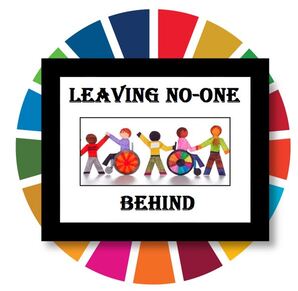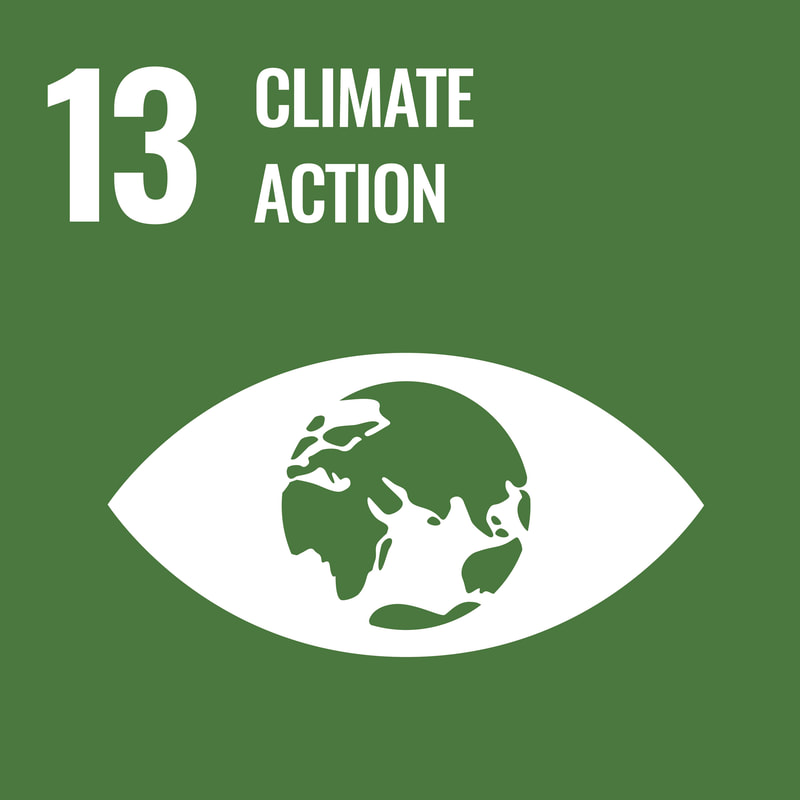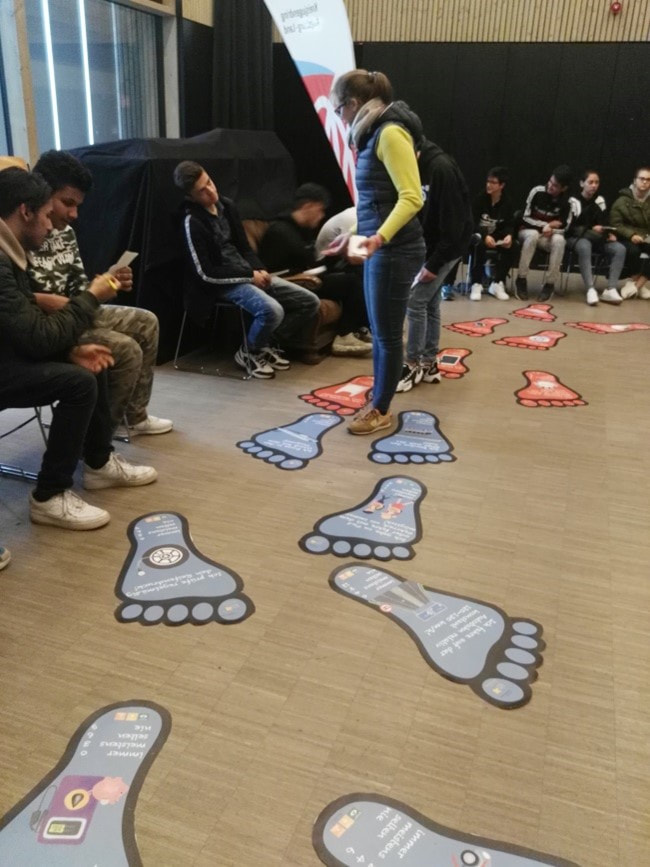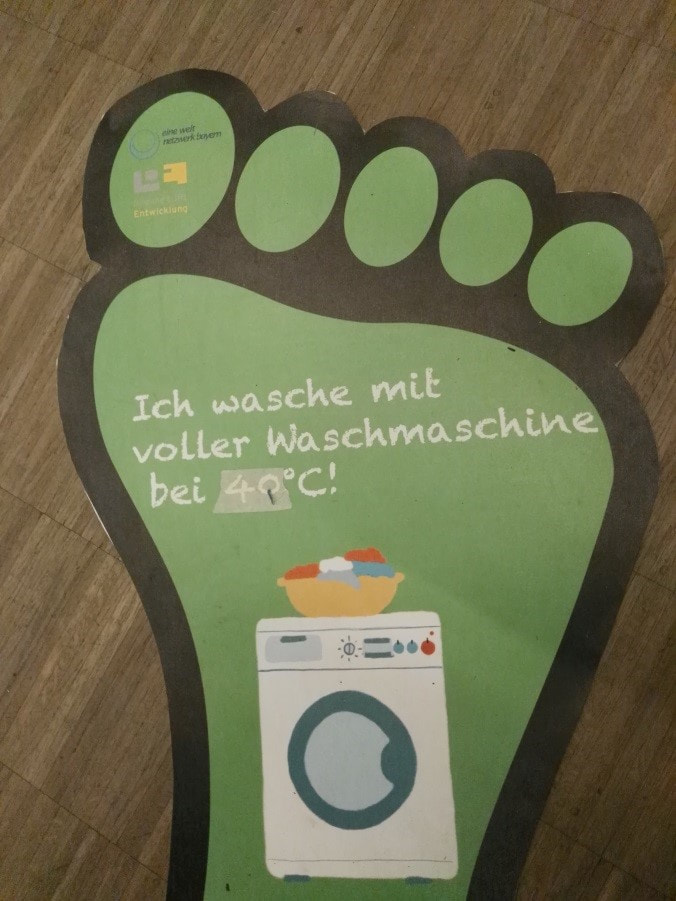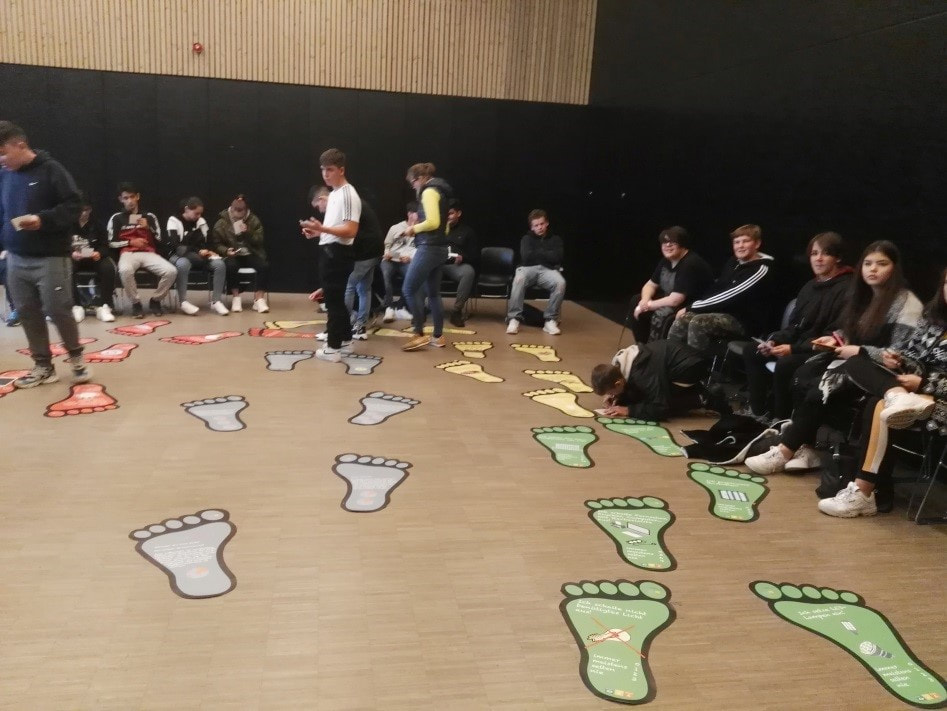Big Idea:
The world must transform its energy, industry, transport, food, agriculture and forestry systems to ensure that we can limit global temperature rise to well below 2°C, maybe even 1.5°C.
The idea is to hold an Environmental Congress Day, to release the knowledge and skills latent within the school community (both staff and students) to deepen understanding about the key factors contributing to climate change and simple actions that can be taken to reduce our ecological footprint, as individuals and as a community together.
Major changes must be driven by governments and industries but, as consumers, young people also have power. How can we use the power and voices we have to influence decision makers and make better choices for ourselves?
The idea is to hold an Environmental Congress Day, to release the knowledge and skills latent within the school community (both staff and students) to deepen understanding about the key factors contributing to climate change and simple actions that can be taken to reduce our ecological footprint, as individuals and as a community together.
Major changes must be driven by governments and industries but, as consumers, young people also have power. How can we use the power and voices we have to influence decision makers and make better choices for ourselves?
Type of Activity:
This activity involved a whole year group (120 students) in a day of workshops, introducing the concept of the ecological footprint and how our choices can reduce our ecological footprint and make a difference - one footprint at a time.
Preparation for the event involved discussions with staff about the concept, possible activities, guest speakers from the local community and identifying students with particular knowledge they would like to share during the event. What resources, expertise and passion do we have at our disposal?
In one day, covering all aspects of the ecological footprint are over ambitious. What will be meaningful to our students? What will be motivating, exciting and manageable for us all to do?
Preparation for the event involved discussions with staff about the concept, possible activities, guest speakers from the local community and identifying students with particular knowledge they would like to share during the event. What resources, expertise and passion do we have at our disposal?
In one day, covering all aspects of the ecological footprint are over ambitious. What will be meaningful to our students? What will be motivating, exciting and manageable for us all to do?
Who is it for?
Ages 13 to 17.
What do I need?
How long does it take?
It took place over a whole school day (8am to 3pm).
Students were given the opportunity to participate in four workshops and then return to class groups for debrief.
Students were given the opportunity to participate in four workshops and then return to class groups for debrief.
Introduction
Introduce the day to the whole group asking "What do we mean by our ecological footprint?"
Our ecological footprint is a measure of the impact each of us has on the environment. It includes the amount of land needed each year to provide food, water, energy and services per person. Our ecological footprint is measured in global hectares per person (gha). We have enough on earth for 2.1 gha each. If this amount increases, our lifestyles will become unsustainable. The more energy we consume, the more travelling we do, and the more places we visit, the larger our ecological footprint.
Our ecological footprint is a measure of the impact each of us has on the environment. It includes the amount of land needed each year to provide food, water, energy and services per person. Our ecological footprint is measured in global hectares per person (gha). We have enough on earth for 2.1 gha each. If this amount increases, our lifestyles will become unsustainable. The more energy we consume, the more travelling we do, and the more places we visit, the larger our ecological footprint.
What next
The students were introduced to the programme for the day and workshop choices.
After the students were introduced to the workshops and activities, they chose the groups and completed them together. Over a snack, they shared their experiences, thoughts and ideas.
- Ecological Footprint – Trail and Quiz. What lasting consequences do our behaviour and habits have on our environment, in everyday life?
- Microplastics – WHERE is it present? WHY is it dangerous for mankind, our world? HOW to prevent?
- FOOD – VEGAN – animals rights – How do our eating habits affect the planet?
- COSMETICS – how to make yourself environmentally-friendly. What are sustainable ingredients, unnecessary additives? Cosmetics and animal testing. How to make environmentally-friendly, sustainable beauty products (eg. bath bombs) for yourself.
After the students were introduced to the workshops and activities, they chose the groups and completed them together. Over a snack, they shared their experiences, thoughts and ideas.
Finally
Back in the classroom, they shared their experiences and discussed again, in groups, the most important take-away recommendations for themselves and other classes, who were not involved in the Environmental Congress Day.
Learning and ideas for reducing ecological footprints were captured on posters and displayed around the school, using suggestions from the workshops, discussions with peers and internet research.
Students were encouraged to categorise their findings into key areas (eg. Food, Transport, Energy, Industry, Leisure, Waste) and identify links and overlaps.
The ecological footprints were lent out and carried out by the participating pupils in workshops with other classes.
Learning and ideas for reducing ecological footprints were captured on posters and displayed around the school, using suggestions from the workshops, discussions with peers and internet research.
Students were encouraged to categorise their findings into key areas (eg. Food, Transport, Energy, Industry, Leisure, Waste) and identify links and overlaps.
The ecological footprints were lent out and carried out by the participating pupils in workshops with other classes.
Find out more
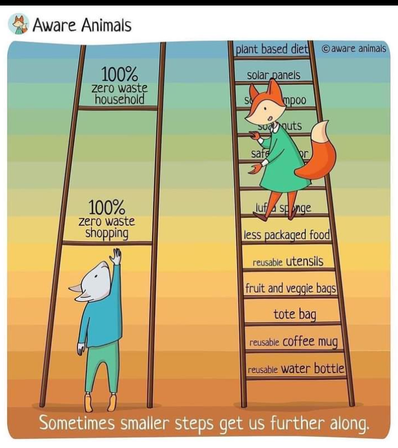
Read the Oxfam "Ideas for taking Climate Action at Home" document, to find out how small things can make a big difference: Ideas for taking climate action at home | Oxfam GB
Access these wonderful resources "Climate Action: Curriculum and Resources", published by Leeds DEC (sign up here - it's free): Access Resources - Leeds DEC
Footprints activity, used in Germany, were rented from Augsburg Environmental Station
Access these wonderful resources "Climate Action: Curriculum and Resources", published by Leeds DEC (sign up here - it's free): Access Resources - Leeds DEC
Footprints activity, used in Germany, were rented from Augsburg Environmental Station
